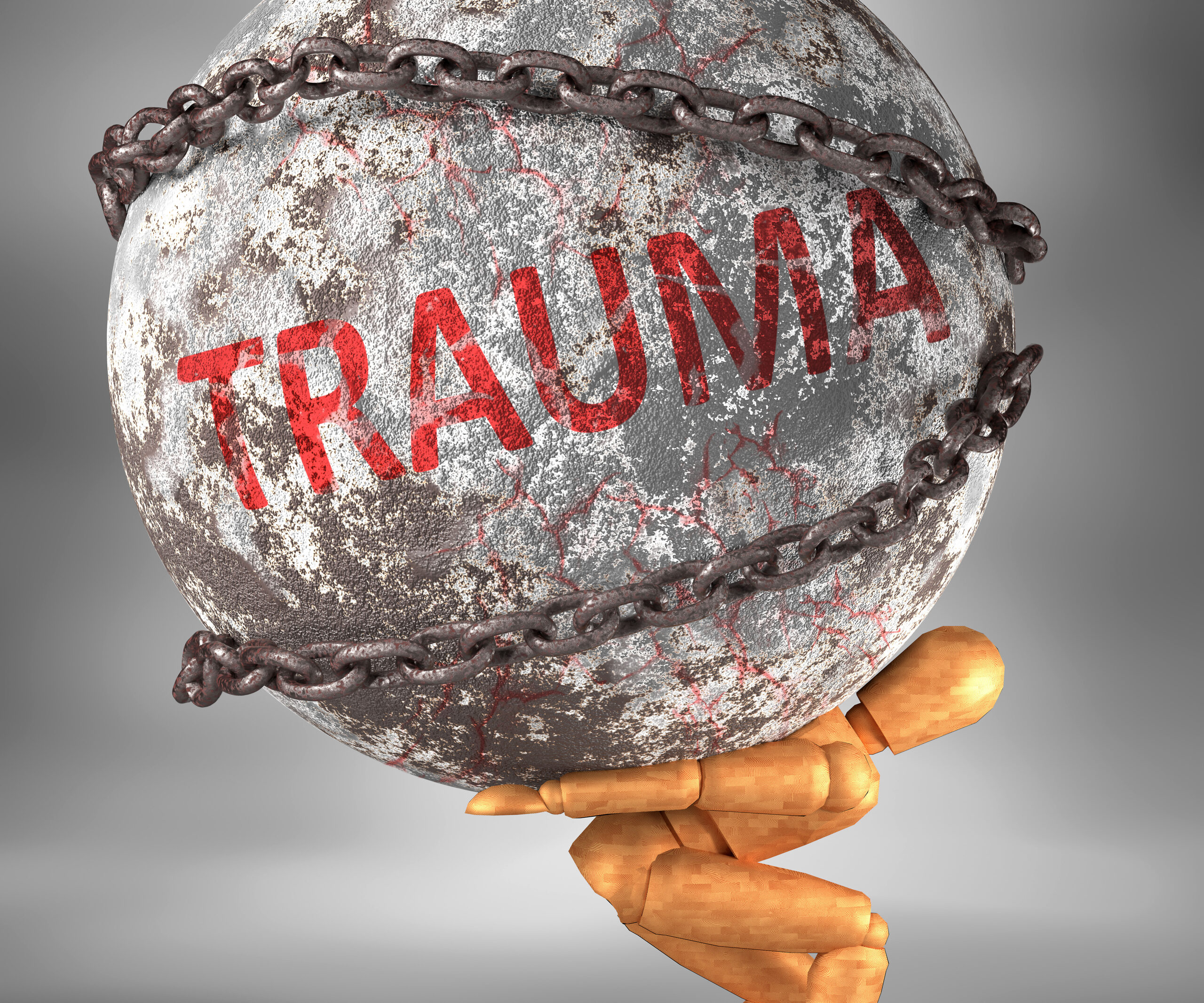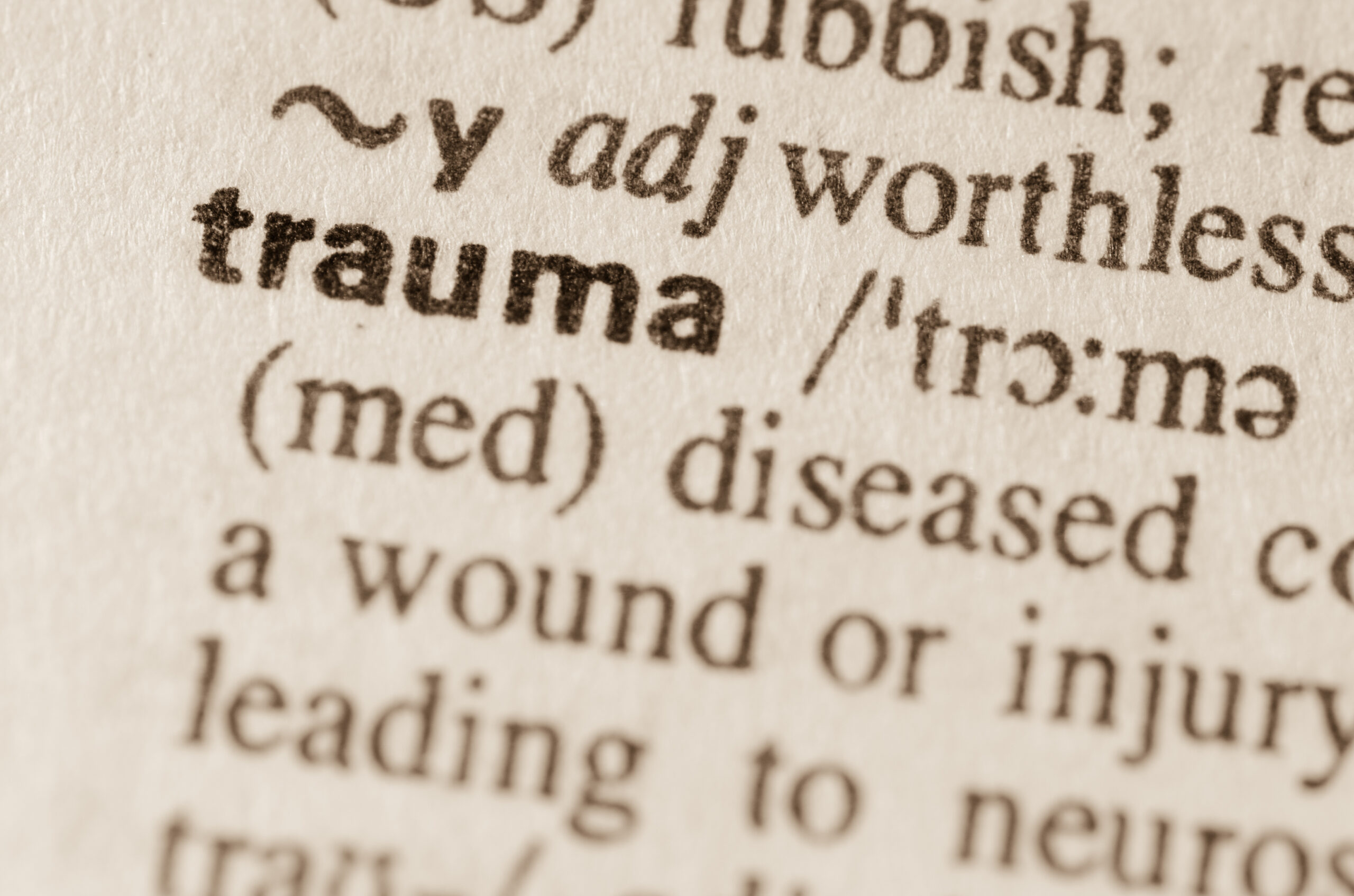What is Trauma?
- What is trauma?
- How can we heal from trauma?
These are two very big questions, and it is my intention for this blog to cover both of them in a (hopefully) accessible way.
Are you waking up to the possible impact of trauma on your life and on your body? Or maybe you are noticing it in a loved one? This resource aims to help you become familiar with what trauma is and how to find ways to heal.

How will this Nurture Your Health blog, featuring Trauma Recovery, work?
You will find articles archived under three main categories:
- What is Trauma?
- How to Heal (from trauma)
- Mary Magdalene Pilgrimage Diaries
It was my intention to initially concentrate on releasing articles under the first two categories – “What is Trauma?” and “How to Heal?”, as this is the bedrock of this blog. It has, however, been temporarily hijacked by my Mary Magdalene Pilgrimage Diaries, as this is currently uppermost.
The Diaries will feature aspects of healing relating to masculine and feminine energy. Not only is this an internal process for each of us at an individual level (we all possess both masculine and feminine energy), but also amongst men and women in general.
For a long time now, society has been expressed through the lens of the toxic masculine and the wounded feminine. It has left a traumatic mark on us all. Unhelpful programming and behaviours have become embedded in both the male and female psyche, and change needs to happen in order for us all to heal.
Thanks to a lot of people, all that is changing, but there is still a lot of work to do.
Professional Care
Please note that this blog is not intended as a substitute for proper professional care. The intention is to provide a free resource to educate and signpost those who want to understand more about trauma and how it is impacting their life, and ultimately, how to heal from it.
It aims to be a beacon of light if access to services proves difficult.

What is Trauma-Informed Therapy?
Increasingly, we are hearing the term “trauma-informed therapy”. It is the new buzz phrase in the therapy world, as the impact of trauma on our embodied experience is becoming better understood.
There is a mine of information out there, but to the uninitiated, getting to it may seem impenetrable. Where do you start?
So, the aim of this blog is to keep it simple, to introduce things in bite-sized pieces, step by step, and hopefully make it easier to build your understanding.
Embodying Trauma
The word “trauma” can be off-putting for some.
It can feel over-used and overly dramatic, especially in British culture. We like to downplay our experience in favour of a stiff upper lip and soldiering on!
Trauma is something we carry around with us in our embodied experience whether we are tuned into it or not. Stiff upper lip, or no, if we are carrying it, ignoring it doesn’t make it go away.
How Are You?
We are often asked the question “How are you?” To which most of us respond “Fine, thank you”.
But how “fine” are you? Really?
Dismissing trauma leads to ignoring its impact on our system and therefore on our health.
When we don’t allow ourselves the ‘luxury’ of admitting to ourselves, never mind others, that we are struggling, things can then build until we are faced with a bigger problem to solve.
Understanding Trauma
Understanding trauma is complex.
It is an area that deserves our attention, as the reach into society caused by traumatised people is huge.
Research is now showing that our prisons are full of the traumatised, and that the way we approach rehabilitation needs an overhaul.
There are many more people out in the world, leading ‘normal’ lives, whose quality of life is diminished by living with the aftermath of trauma.
It behoves us all to understand it, so that we can either prevent it happening in the first place, or learn how to heal ourselves.
So, let’s start by defining it.
Trauma in the Dictionary
The word “trauma” originates from the Greek, meaning “a wound, a hurt, a defeat, a piercing”.
It has gradually found its way into the English lexicon over the last 200 years, growing significantly since the 1950s.
Some may argue that the word “trauma” and the expression “being traumatised” have become over-used. But have they really? Or has ignorance a large part to play in its dismissal?
We talk of big T Trauma and small t trauma. But more of that later.
Google’s Oxford Languages defines trauma………
- a deeply distressing or disturbing experience.
“a personal trauma like the death of a child”
- emotional shock following a stressful event or a physical injury, which may lead to long-term neurosis.
“the event is relived with all the accompanying trauma”

2. MEDICINE physical injury.
“rupture of the diaphragm caused by blunt trauma”
Psychological and scientific communities have appropriated the word in their own way, and this whole blog is predicated upon it.
Trauma and the Nervous System
It is the impact that trauma has on the nervous system of us humans that is of most interest here.
If you have seen footage of soldiers in mental hospitals after World War 1, you will know how severe that can be.
But the lasting residues of trauma held in our bodies need not be as obvious as that of these soldiers.
It can cause varying levels of anxiety states (neuroses) that can have lasting effects on normal day-to-day living.
It can lead to addictions, anti-social behaviour (prison), memory loss and other mental health problems.
Trauma Terminology
In the last century, the physiology of trauma and how it is held in the body was not as well understood as it is today, but we did have a language for it.
Where soldiers were concerned, we talked of “shellshock”, where now we speak of “Post-Traumatic Stress Disorder”.
In layman’s speak, we use terms like “highly strung”, “finely tuned” and “nervous wreck”; or conversely, “thick skinned”, “nerves of steel” and “nothing phases him/her”.
We sometimes refer to people as being “tense”, “uptight” or “off the scale”; and conversely, “laid back” or “horizontal”.
All these phrases are found in common parlance and are indicators of the state of the nervous system.
But how many of us have ever stopped to truly make that connection, or thought that there may be something that can be done to improve our experience?
They can be transitory states, but often they are more chronic, are the result of traumatising experiences, and deserving of our attention.
We still use the term “nervous breakdown” for when someone “can’t take any more” and the body, screaming out for attention, finally enters a state of collapse.
Dark Night of the Soul
In some circles a nervous breakdown is sometimes referred to as a nervous breakthrough. It can be seen as a “dark night of the soul” moment, offering an opportunity for the person to “wake up” and take a step forward in their spiritual evolution.
It is a moment when all the years of trying to be in control of one’s experience have built up, the system literally “can’t take any more”, and collapses under the weight of accrued experience and unprocessed emotions.
This blog will talk more of this under the section on “How to Heal”.
There are workbooks too, available for purchase on my website (coming soon). They will include valuable information to help you assess what is going on for you, alongside exercises to help you dig deeper. For example, how many of us know how to process our emotions? This is an important life skill that was not taught to most of us and should be taught in schools?
Traumatic Events
Events that can cause trauma i.e. the traumatic upsetting of the nervous system, are multifarious.
They can be physical traumas caused by, say, a car accident, a riding fall or other sport’s injury; being caught up in a natural disaster such as a tsunami, earthquake or hurricane; or being exposed to the horrors of a war zone. This list is far from exhaustive.
They can be psychological traumas caused by extended exposure to toxic relationships; the psychological aftermath of the physical events described above; or grooming and abuse. Again, the list is far from exhaustive.
Events can be acute or chronic.
They can be obvious or more insidious, so that we don’t give them the attention they need.
It is easier for someone to recover from a single, acute event, than it is if events are constant, chronic and spread out over time, as in the case of adverse childhood experiences.
Survivors of domestic abuse or (childhood) sexual abuse may have a harder time of recovery than someone who has had a good childhood and is then injured in, say, a car accident.
Vicarious Trauma
Vicarious trauma is also something to be explored. This process happens due to mirror neurons that fire up in the brain in response to experiencing someone else’s trauma.
The Expression of Trauma in the Body
Trauma is expressed through the body in many ways.
Sighing is one such way it seeks to offload nervous tension. It is like releasing the valve on a pressure cooker. Do you find yourself sighing a lot? If so, it may be an indicator that your body is under stress and you need to pay it some attention.
Symptoms such as panic attacks, insomnia, shortness of breath, headaches, hypervigilance, sexual problems, trouble concentrating, digestive problems, irritability, shaking and heart palpitations, amongst others, can indicate a traumatised state of being.
Trauma as the root of illness
Trauma is now accepted as being at the root of many illnesses.
Eminent educators in this field include Peter Levine, Bessel Van de Kolk and Gabor Maté.
Their seminal texts on the subject include Peter Levine’s “Waking the Tiger: Healing Trauma” (1997), Bessel Van de Kolk’s “The Body Holds The Score: Mind, Brain and Body in the Transformation of Trauma” (2014), and Gabor Maté’s “When the Body says No: The Cost of Hidden Stress” (2019).
I recommend all three of these texts if you would like an immediate deep dive into this topic.
Nervous System Set Point
Does everyone come into this world with the same nervous system set point?
No!
Our nervous systems are in a process of development in utero, and the mother’s state before and during pregnancy will affect her baby. If a mother has been under a lot of stress for 9 months, then her baby’s environment will have been flooded with cortisol, and this will impact her unborn child.
The nervous system continues to develop for years after the baby is born and how that progresses will depend on the environment the baby grows up in.
What part does constitution play? It would seem that some are more robust than others.
These are all things this blog will look at in future articles.
Adverse Childhood Experience (ACE)

Adverse Childhood Experience (ACE) is the name given to the internationally researched study of the impact traumatic events in childhood have on the later adult’s functioning and health.
Many people suffer from the aftermath of childhood trauma, be it to a greater or lesser extent, and it impacts on how they show up in the world.
Adverse childhood experiences can set up a maladaptation of the nervous system.
At best, these maladaptations cause varying anxiety states, and in more extreme cases this leads to physical illness as well. A diagnosis of complex-PTSD generally originates in ACE.
It is my intention to shine a light into this dark corner of mental health and provide a resource to help you navigate your way to being more relaxed and confident.
Post-Traumatic Stress Disorder (PTSD)
Post-Traumatic Stress Disorder is recognised as a mental health condition by both the DSM5 and the World Health Organisation.
It occurs in response to a traumatic event, but not all people experiencing the same event will get PTSD.
A full description and analysis of this will follow in future blogs.
Complex-PTSD
The term “Complex-PTSD” was first coined by Judith Herman, a professor of psychiatry at Harvard University, during the 1990s.
It is also referred to as Developmental Trauma or Relational Trauma and generally originates in ACE.
It is not recognised by the DSM5 but is recognised by the World Health Organisation.
Again, more of this in future blogs.
Epigentics and Ancestral Trauma
Epigenetics is the relatively new study of how events impacting our ancestors can be passed down to future generations.
It is an energy imprint that sits on top of (epi) our genes.
It is now known that the impact of traumatic events in the past can still be felt generations later.
Unresolved, unprocessed energy (emotions) in the family field can cause later descendants to act out what does not belong to them, in an attempt to free up the energy.
E.g. The grandchildren of holocaust survivors can continue to act out the unprocessed traumatised energy of their grandparents who experienced Concentration camps.
Polyvagal Theory
Stephen Porges is the man currently at the forefront of the science into how our nervous systems function in response to our environment.
His work, entitled “Polyvagal Theory”, looks extensively at how the Vagus nerve mediates our experience.
In collaboration with the psychotherapist Deb Dana, his work has been embodied into practical, body-orientated healing strategies.
Again, more of this later.
A Bit More about the Mary Magdalene Pilgrimage Diaries
Mary Magdalene is synonymous with rising feminine energy. After millennia of being sidelined, she is making a comeback!
I made a pilgrimage following in her footsteps through the South of France in May 2023. My next job is to document the insights that came to me as I travelled the route from Marseilles to Les Contes in the Pyrenees. My intention was to connect with the rising feminine energy that is permeating our cosmos right now. I found myself exploring how feminine and masculine energies manifest within myself, and considering those things that have influenced it.
Ultimately it has taken me on a journey of healing between the feminine and the masculine. So much traumatic experience is rooted in the dissonance between men and women, which is why I think this is such an important part of this blog.
Trauma Recovery
It is not the traumatic event(s) itself that lingers on.
We may remember the traumatic event(s) or we may not.
Unprocessed memories, whether remembered or repressed, live on in the brain and nervous system.
What lives on is the impact the event, or events, have had on your body.
It is your internal experience that is key here.

The good news is that there are strategies you can employ to help yourself heal.
There are ways to heal the nervous system that modern science has been discovering, more recently in the work of Stephen Porges and Deb Dana, but there are many others working in this field too.
And finally…
I want to keep this service free, and therefore will be looking to create affiliate links in an attempt to recompense me, in part, for my time. I will only do this where it flows naturally from the content being offered.
Welcome to my blog. I hope you will find within it the direction, insights and tools you need to heal from any trauma that is impacting your life.


